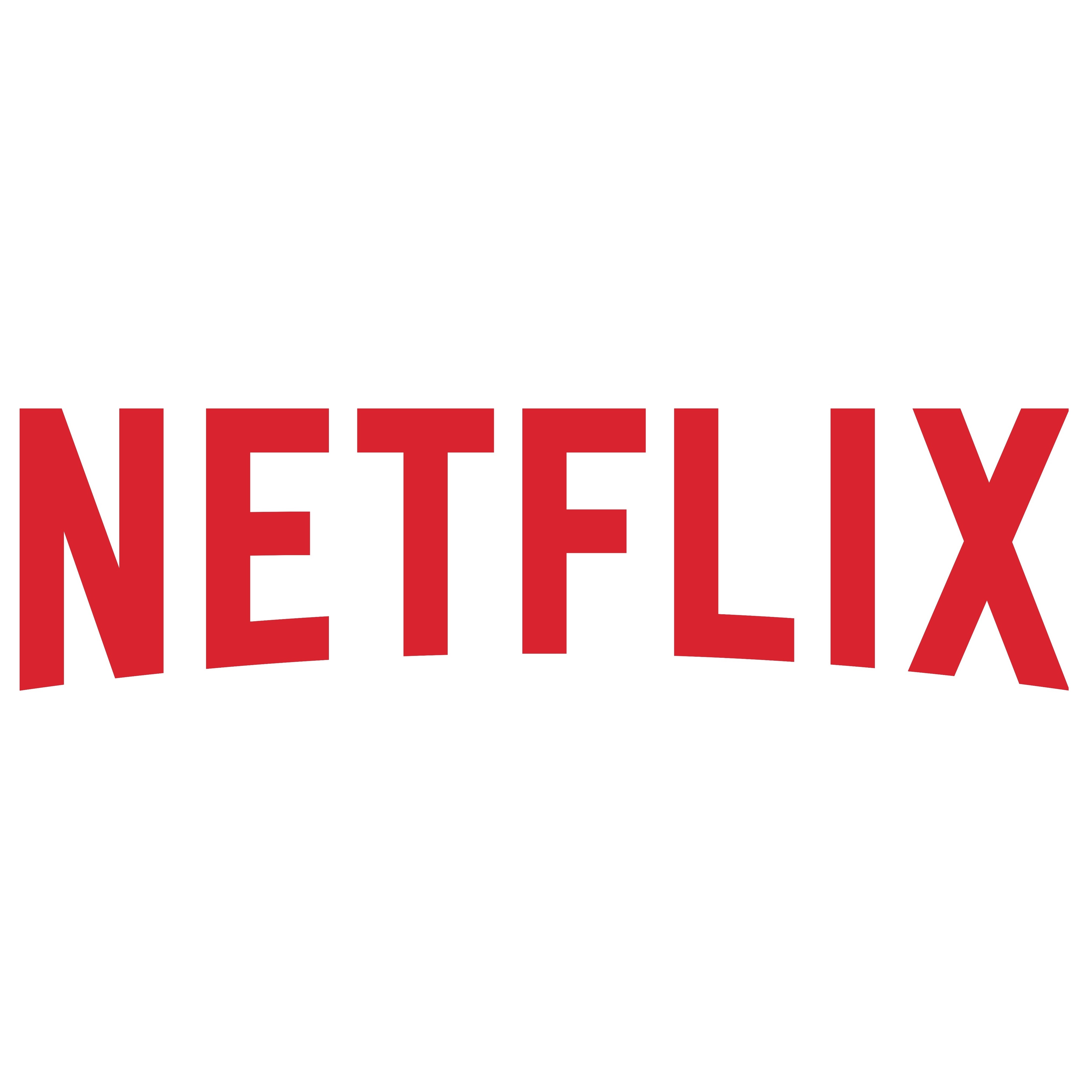
It’s been a tough year for Netflix Inc. (NASDAQ: NFLX). Over the past 12 months shares are down nearly 22% and the stock has performed much worse than either the S&P 500 or the Nasdaq Composite. The drop is doubly harsh because over the past 24 months Netflix is up about 50%, more than double either of the indexes.
Netflix is still being judged two things: growth and costs. Growth is slowing and costs are rising as the streaming video company expands internationally. U.S. streaming video subscribers totaled 46 million at the end of the second quarter and the company thinks it can raise that number to 60 million to 90 million.
Internationally, streaming subscriber numbers grew by 1.99 million to 33.89 million. Total subscribers now number 83.2 million, up by more than 1.5 million sequentially and about 17.6 million year over year.
For the third quarter of 2016, Netflix expects to add just 400,000 new paid subscribers in the United States and 2.1 million internationally. Margins in the United States are expected to rise 0.8% in the third quarter, and internationally the company expects the second-quarter net loss of $69 million to widen to $95 million.
Institutional investors have been sticking with Netflix. The company reported four firms with a 5% or greater stake in the company as of April 11, 2016. Founder and CEO Reed Hastings has the largest insider holding, 12.79 million shares (2.94% of 428.3 million shares outstanding).
At April 11, Capital Research Global Investors owned 34.61 million shares (8.08%) of Netflix stock, valued at about $3.23 billion at Thursday’s closing price of $93.44 per share. The share total was reported in Netflix’s definitive proxy statement dated April 27. According to Holdings Channel, as of March 31 Capital Research owned $49.21 million shares. The investment firm also holds large positions in Amgen ($13.39 billion), Verizon ($9.08 billion) and Philip Morris ($8.19 billion).
BlackRock and its affiliates owned 24.44 million shares (5.71%), according to the proxy statement, valued at about $2.28 billion. BlackRock Institutional Trust held 10.89 million of the shares and also has large stakes in Apple ($15.98 billion), Microsoft ($11.49 billion) and Exxon Mobil ($9.29 billion).
Vanguard Group beneficially owned 23.84 million shares (5.57%) of Netflix stock, valued at about $2.23 billion at the most recent closing price. The investment firm also holds large stakes in Microsoft ($27.4 billion), Exxon Mobil ($22.35 billion) and Johnson & Johnson ($19.54 billion).
The proxy statement lists Morgan Stanley as the fourth largest institutional shareholder, with 22.85 million shares (5.34%), valued at about $2.14 billion. According to Holdings Channel, at the end of March, Morgan Stanley owned 5.93 million shares. The bank’s largest holdings include the SPDR S&P 500 ETF ($10.15 billion), Apple ($5.21 billion) and Microsoft ($3.48 billion). In mid-June Morgan Stanley analysts issued a strong endorsement of Netflix.
The fifth-largest holding of Netflix stock is owned by FMR. The Fidelity company owns 20.74 million shares, valued at about $1.94 billion. FMR’s largest holdings include stakes of nearly $26 billion in both classes of Google stock, $17.4 billion in Facebook and nearly $16 billion in Apple.
Get Ready To Retire (Sponsored)
Start by taking a quick retirement quiz from SmartAsset that will match you with up to 3 financial advisors that serve your area and beyond in 5 minutes, or less.
Each advisor has been vetted by SmartAsset and is held to a fiduciary standard to act in your best interests.
Here’s how it works:
1. Answer SmartAsset advisor match quiz
2. Review your pre-screened matches at your leisure. Check out the advisors’ profiles.
3. Speak with advisors at no cost to you. Have an introductory call on the phone or introduction in person and choose whom to work with in the future
Thank you for reading! Have some feedback for us?
Contact the 24/7 Wall St. editorial team.




